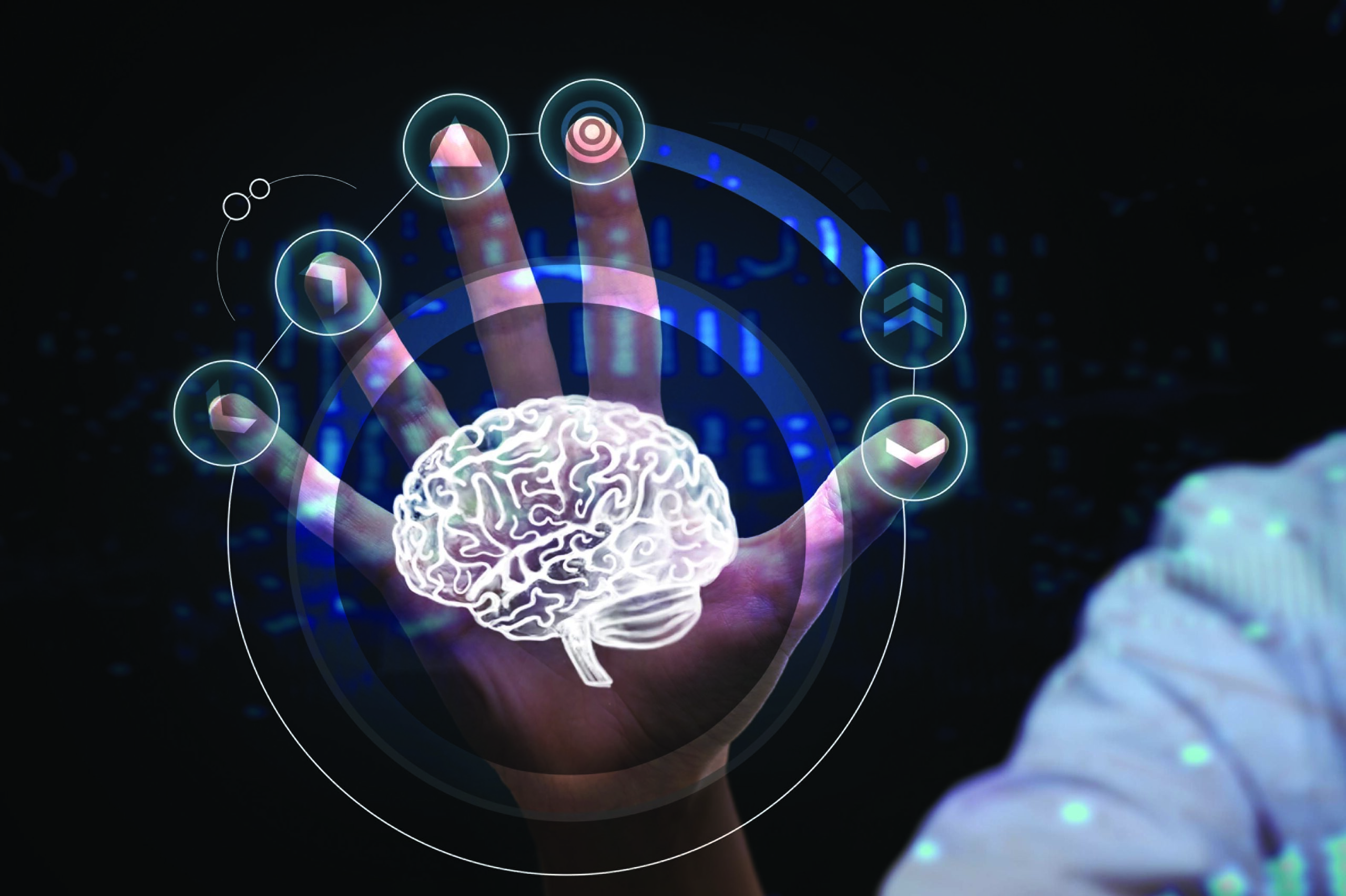What causes dystonia?
What causes dystonia?
Dystonia can manifest as a symptom of a wide variety of neurological diseases, although the cause may also be related to other factors such as medications, brain injuries, or metabolic disorders. In this case, the condition is called secondary dystonia.
A genetic component may also be a determining factor in the development of this condition.

Although the exact causes of focal dystonia are unknown, it is considered a disorder with a multifactorial etiology, as many factors contribute to the development of this pathology.
Emotional factors are undoubtedly one of them.
The renowned neuroscientist Joseph Le Doux considers emotions to be biological functions of the nervous system. This is a different approach that studies emotions as brain functions, not as psychological states independent of brain mechanisms.
From this perspective, it is easy to understand the impact that emotions can have on both the development and regulation of dystonia.
On the other hand, Altenmüller, a German musician and neurologist, clearly explains the relationship between musical performance at the physical level and at the sensory level, or, in other words, the relationship between space- time coordination and emotional and mood state.
Stress and anxiety, possible causes of focal dystonia
We must not forget that musical performance has a very important emotional component. On the one hand, music is considered «the language of emotions,» and on the other, its execution requires meticulous sensory- motor and spatio-temporal precision. For this reason, according to Altenmüller, many musicians experience strong discordant sensations between the pleasure of playing and the fear of making mistakes.
This can lead to episodes of stress and anxiety during a performance and during practice before the performance.
When these episodes occur frequently, some musicians can develop prolonged states of stress and anxiety that drastically reduce their performance.
In severe cases, this could lead to «stage fright» or focal dystonia.
Other times, a traumatic situation of any kind can cause a state of stress and anxiety that deregulates the nervous system, with a strong impact on the brain’s fine motor control circuits, contributing the development of focal dystonia.
In any case, it has been proven that stress has a significant impact on the activation and intensification of symptoms in people with dystonia.
This is something I have experienced myself and have observed in all the musicians I have treated.
Altered brain regions in musicians with focal dystonia
The development of neuroscience in recent years, along with technology, has led to the contribution of highly valuable studies, such as neurophysiological and functional neuroimaging studies conducted on musicians with focal dystonia, which reveal the following alterations:
• Impaired sensory information processing
• Impaired sensory-motor integration
• Deficits in cortical and subcortical inhibitory processes • Excessive cortical motor excitation
• Excessive influence of sensory stimuli on cortical excitability • Deficient mediation by the basal ganglia.
Neurological studies show that each of the disorders described above is exacerbated by stress.
Therefore, the importance of stress regulation in the treatment of focal dystonia is evident.



